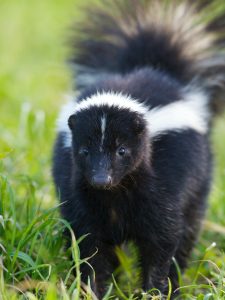Do you ever wonder how long squirrels actually live? This article will answer your questions on squirrels’ life expectancy. It will also cover which factors contribute to their survival.
How long do squirrels live in the wild?
It is estimated that only 1 out of 4 or 5 squirrels survive their first weeks. Once they have reached an age of around six months, their average life span is about three years in the wild.
Squirrel life span in the wild
Squirrels in the wild have many predators and may not have access to food as much as needed. Squirrels typically live for around ten years in the wild. However, their life expectancy can be much shorter if they suffer from diseases or food scarcity. In rare cases, squirrels may reach an age of up to 7 to 10 years in the wild. It really comes down to their chosen habitat and how smart and fit for survival they are.
Squirrel life span in captivity
In captivity, squirrels may live for up to 20 years, depending on the quality of care they receive. Most squirrels that are cared for and not free-roaming average a life span of 7 to 10 years.
Squirrel health
You need to understand that health is a really important factor in determining how long squirrels can live. All squirrels are susceptible to many diseases, such as squirrel pox, mange, and rabies. If a squirrel contracts one of these diseases, its life expectancy will be significantly lowered. However, even if a squirrel living in captivity becomes sick, when they receive proper medical care and treatment on time, they can often recover and live a normal life span.
How long can squirrels live?
So, while squirrels have a relatively short life span compared to other animals, they can still enjoy a long and healthy life if given the proper care and conditions. Squirrels in captivity also tend to be less active than their wild counterparts and experience less stress and struggles, contributing to longer life expectancy.






